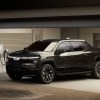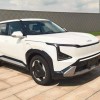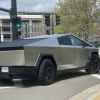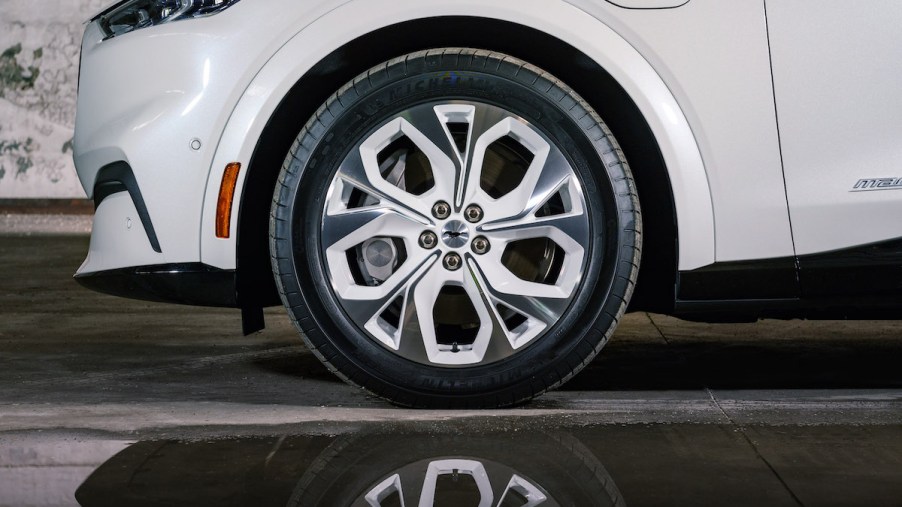
Virginia Rejects Proposed Ford Battery Plant Over China Fears
Many plants around the world are happy to start producing electric components for electric vehicles and hybrids. For example, a plant in Detriot, Michigan that was producing the Cadillac CT6 ended production of the car in 2020 to start production of EV components for the GMC Hummer EV.
But not all states and towns are so welcome when it comes to electric component production. Recently, Virginia rejected a proposed Ford battery plant due to fears over Chinese Communist Party (CCP) influence. Here is everything you need to know about the recent Ford battery plant proposal rejection.
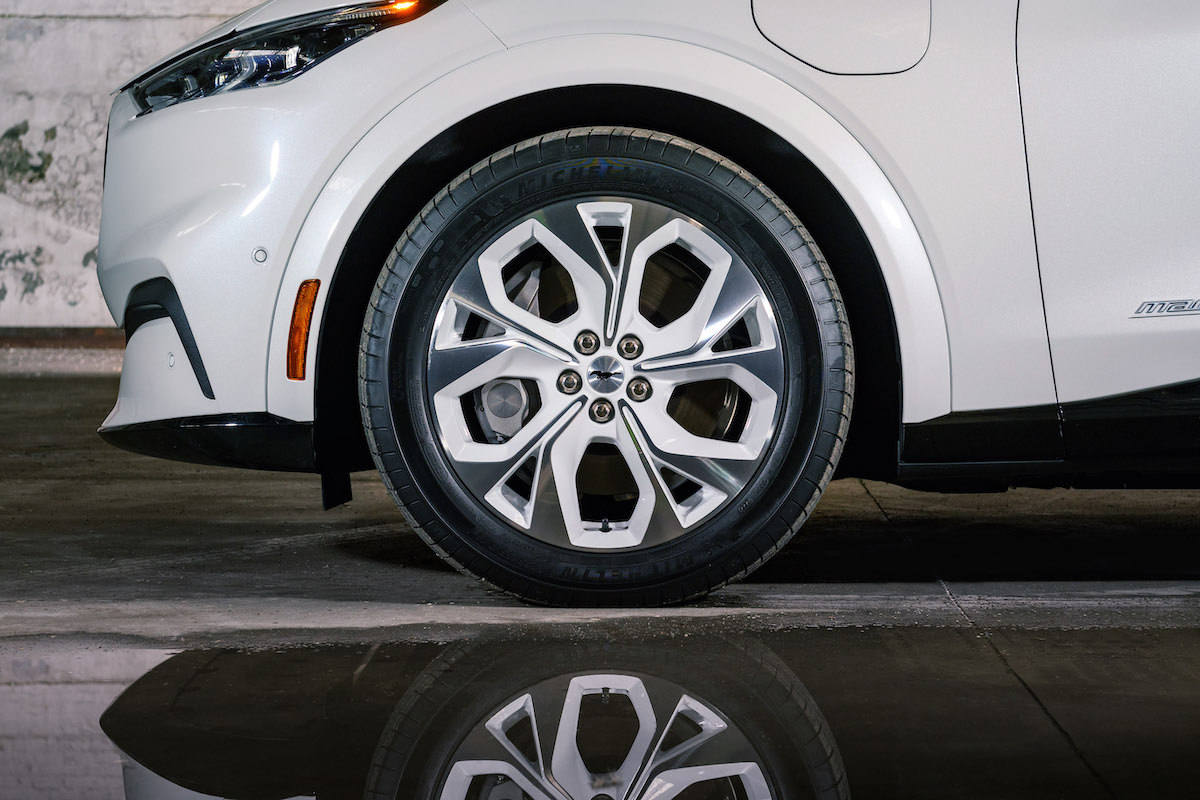
The Virginia government has some concerns about the CCP and Ford’s battery plant
In December, Bloomberg reported that Ford was looking to set up shop in Virginia to serve as a production competitor to its Michigan plants, but this report was squashed by Governor Glenn Youngkin who halted the proposed project by Ford.
Ford was planning on possibly building a vehicle battery manufacturing plant in Virginia upon approval, but the state’s government was concerned that this proposed plant could end up being operated by the Chinese company; Contemporary Amperex Technology Co., or CATL.
According to Virginia Mercury, Ford is currently under agreement with CATL which states that the Chinese tech company would retain all ownership of the technology used in building the battery cells.
Gov. Youngkin remarked that the proposed Ford plant could serve as “a front for China” and “Virginians should also be wary of Chinese Communist intrusion into Virginia’s economy”.
Other remarks included welcoming international economic cooperation with other companies, but included that Virginia-made products cannot be used as a front for the Chinese Communist Party.
Ford aims to produce its own electrical components
While this recent news from Virginia may leave Ford disappointed, according to CNBC, Ford is committed to making its own parts to offset job losses. While in the past, automotive industry owners and unions have not gotten along, Ford’s current CEO says that he would be thrilled to have more union representation at its current and future battery plants to make as many of its own parts as possible for its EVs.
One example of this commitment to self-produce parts can be found in a plant in central Kentucky where, through a joint venture with South Korea’s SK Innovation, twin lithium-ion batteries are being produced using US labor.
Ford is setting a good example for the industry
In the past, Ford has been forced to buy components for their EVs, including the extremely popular Mustang Mach-E. But Ford’s current CEO is committed to making as much of their EVs as possible using US-built components.
With Ford’s increasing commitment to produce its components, trust is bound to return to this Dearborn-based automobile giant. In the future, hopefully, more states will be willing to have American-built manufacturing take place in their towns.
